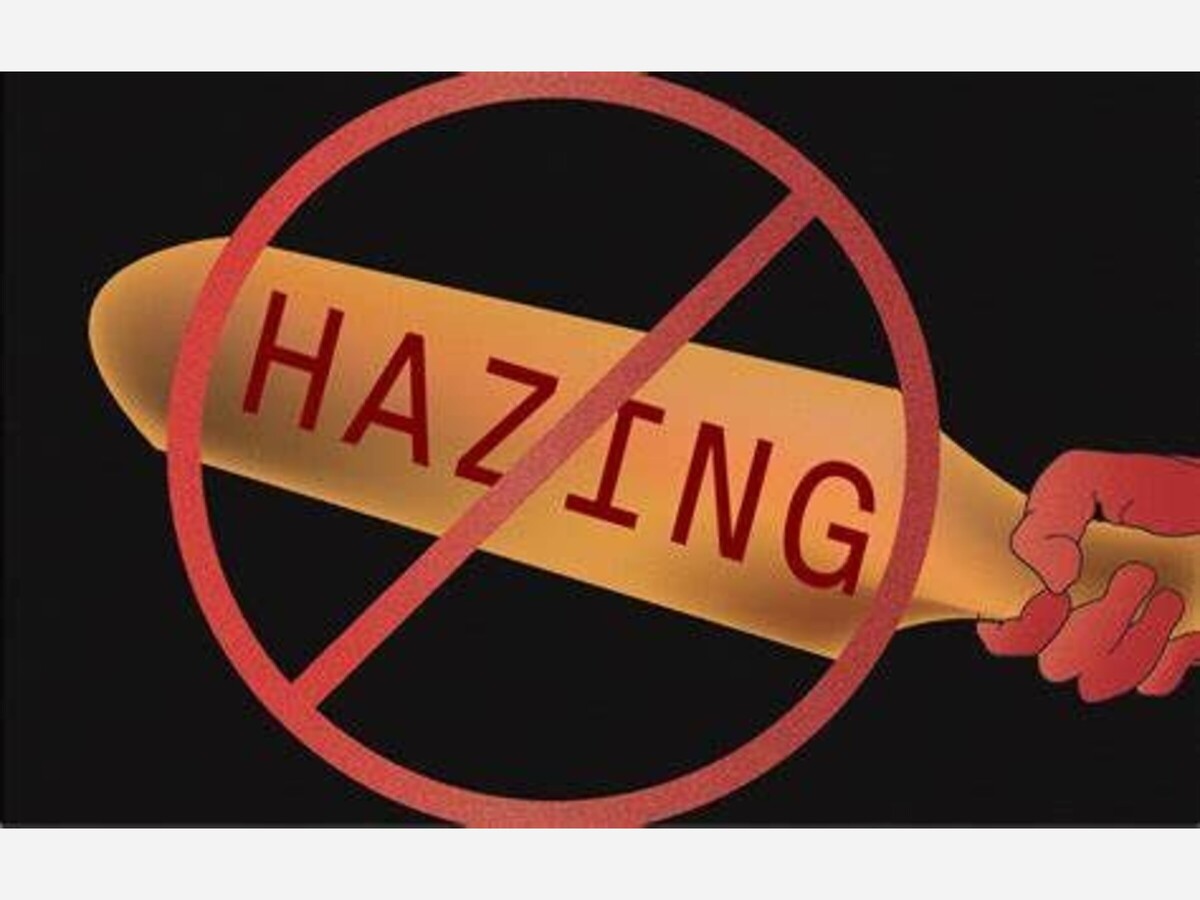Image


New Mexico is one of few states with no anti-hazing legislation in place. The New Mexico legislature is reviewing that and would make hazing a criminal act with moves to hold educational institutions and their leaders accountable for improving hazing education and prevention, as well as requires schools to report hazing incidents to the state each year within the state of New Mexico.
Legislators during debate in the committees mentioned the incidents involving New Mexico State men's basketball last year, the events that led to an $8 million civil settlement, three former players facing multiple felony sexual assault charges and the cancellation of a portion of the season and termination of coaches, several times during committee discussion on Wednesday.
Senate Bill 55, titled Anti-Hazing Act, was introduced by Harold Pope, representing Bernalillo. Rep. Pamelya Herndon from Albuquerque has since signed on to co-sponsor the bill. On Jan. 24, the Senate Education Committee passed the bill; it will next be heard in the Senate Judiciary Committee.
The proposed bill would also create criminal penalties for both individuals who commit hazing acts and for anyone - coaches, teachers, staff - who reasonably should have known and did not report. It also includes a $500,000 appropriation for the Higher Education Department to establish an online reporting portal.
Senate Bill 55 (SB55) would create the Anti-Hazing Act. The bill provides definitions related to
hazing and links criminal penalties to hazing participants as misdemeanors or, in severe cases,
felonies. SB55 would require public and private postsecondary educational institutions to prohibit hazing by holding participating individuals and student organizations accountable. The bill would require postsecondary institutions to establish an anti-hazing code of conduct policy congruent with hazing prevention education. Postsecondary institutions would be required to support a hazing prevention committee to promote and address hazing prevention.
SB55 would also require postsecondary institutions to maintain and publicly report actual findings of violations of the anti-hazing code of conduct, or any violation of state or federal law, including offenses related to alcohol, drugs, sexual assault, or physical assault. SB55 also sets requirements related to hazing for social fraternities and sorority organizations.
The Senate Education Committee amendment to Senate Bill 55 (SB55/aSEC) removes language
that mandated whoever commits hazing resulting in substantial bodily harm to another person to be convicted of a fourth-degree felony. The amendment also adds language that exempts
identifying information from the Inspection of Public Records Act to further align with the federal Family Educational Rights and Privacy Act in the mandated annual reporting from postsecondary
House Bill 225 (HB225) proposes to create the misdemeanor crime of hazing and the fourth-degree felony of aggravated hazing in public and private kindergarten through 12th (K-12) schools and postsecondary educational institutions. HB225 defines aggravated hazing as an unlawful act intentionally committed against a student in connection with initiation into or membership in any student group when the act causes substantial physical or mental harm. HB225 also stipulates that a staff member who knew or should have known of hazing and fails to report it would be guilty of a misdemeanor, along with suspension or revocation of their educator licensure.
HB225 would require the Higher Education Department (HED) to create, advertise, and maintain a statewide online reporting portal for reporting incidents of hazing and aggravated hazing. Online reporting portal staff would work in coordination with the Department of Public Safety (DPS) and local law enforcement to provide referrals and resources for individuals reporting a hazing crime.
Additionally, HB225 requires schools serving K-12 students to report hazing incidents annually to the Public Education Department (PED), and postsecondary educational institutions to report hazing incidents annually to HED. All reports of hazing or aggravated hazing would then be reported to the office of Civil Rights of the U.S. Department of Education (USDE).
Furthermore, HB225 would require postsecondary educational institutions to provide hazing prevention education, as well information on the prohibition on hazing, to all employees at the beginning of each academic year, and for new employees at the beginning of each academic term.
The effective date of HB225 would be July 1, 2024, except the requirements for HED to create the online reporting portal and subsequent hazing reporting, which would be effective July 1, 2025.
Legislators during debate in the committees mentioned the incidents involving New Mexico State men's basketball last year, the events that led to an $8 million civil settlement, three former players facing multiple felony sexual assault charges and the cancellation of a portion of the season and termination of coaches, several times during committee discussion on Wednesday.
Check back with us here or on KRAZY KALH Radio with Mica Maynard reporting for updates as the legislation proceeds through the Roundhouse.
Source Mica Maynard KALH Radio and AlamogordoTownNews.com at the Roundhouse, NM Legislation Analysis Portal